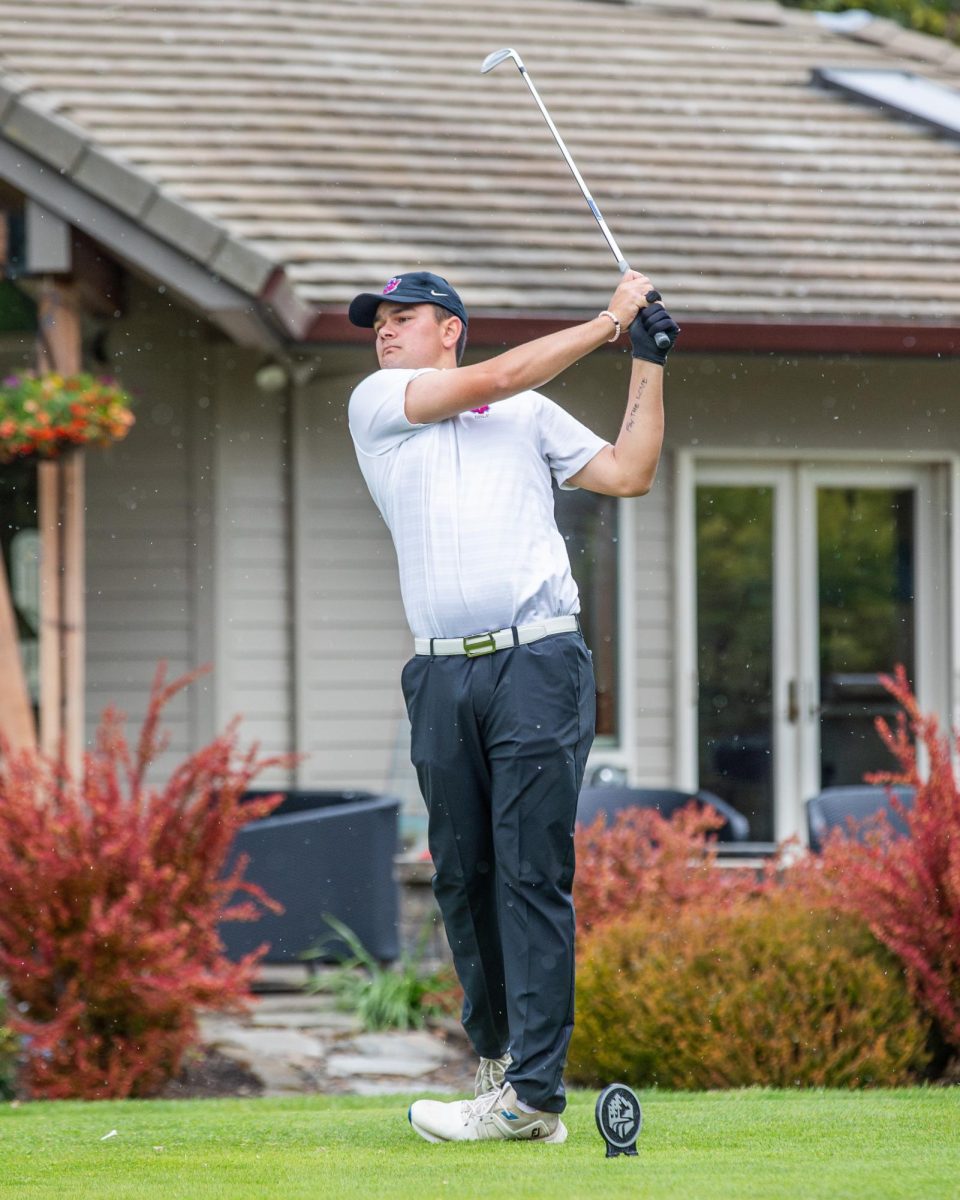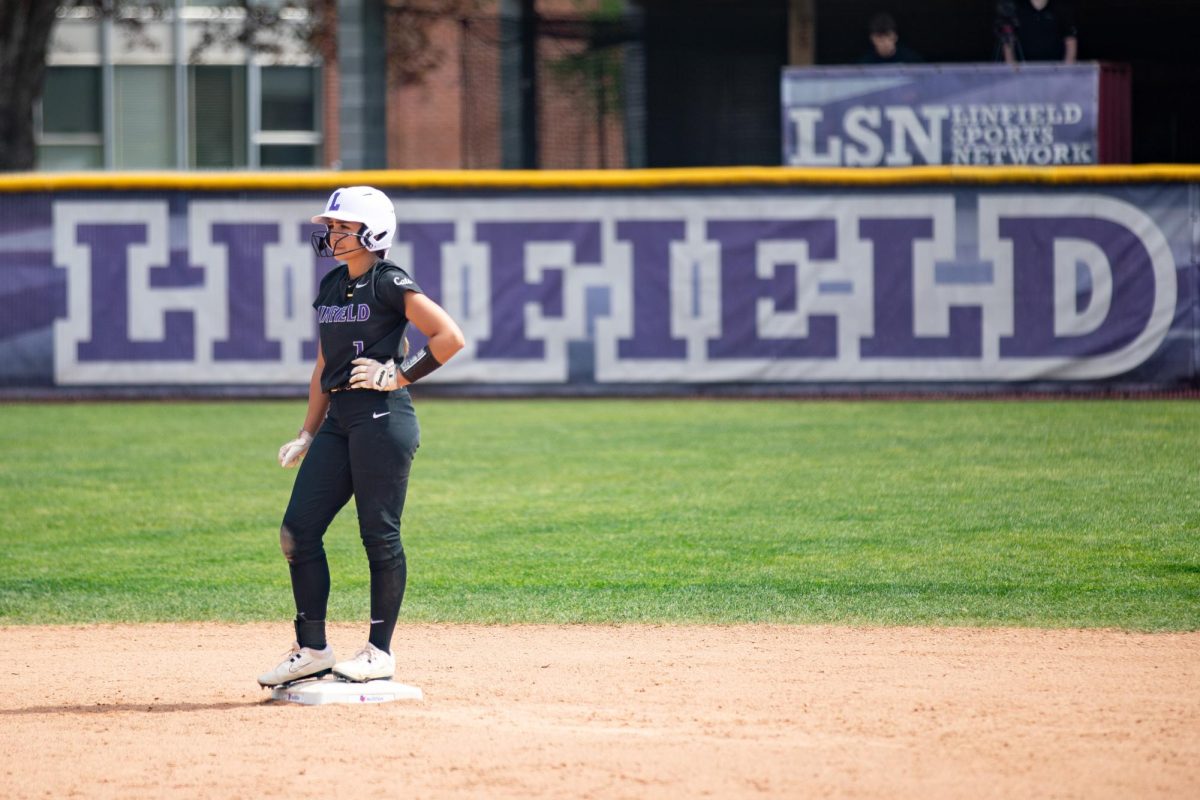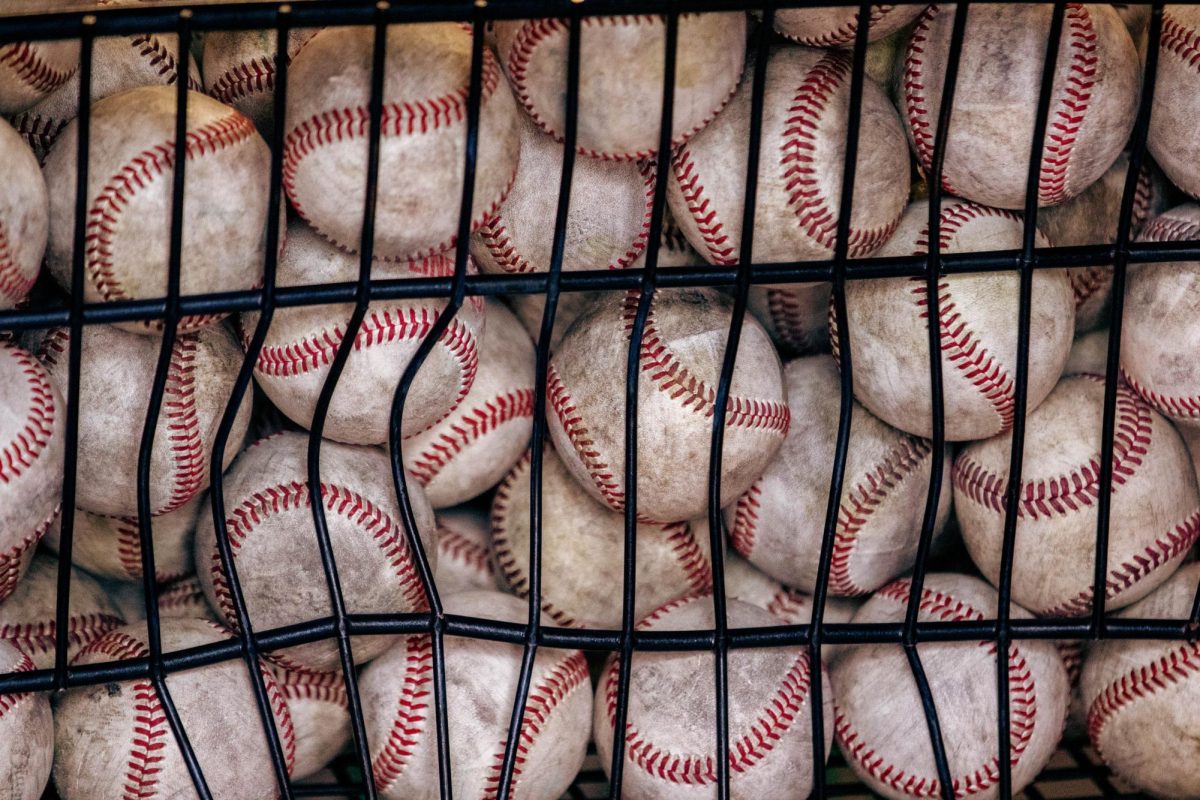As a response to the Miami Dolphins’ locker room bullying, it has been speculated that the NFL may be creating new rules that penalize players that use homophobic or racial slurs during games.
Last October, rookie offensive linesmen Jonathan Martin left the Miami Dolphins after being consistently harassed by three of his team mates. The harassment included racial slurs and vicious sexual taunts regarding his mother and sister. Martin played for Stanford University before signing with the Dolphins in the 2012 NFL draft. After signing with the Dolphins, Martin endured harassment from guard Richie Incognito and fellow offensive linesmen John Jerry and Mike Pouncey. The Dolphins’ assistant trainer was also harassed and also left the team this year.
It’s almost disturbing that the harassment went on for as long as it did without the knowledge of the coaching staff and organization. However, the NFL is trying to address this situation by creating new penalties during a game for using the N-word and other racial and homophobic slurs.
On the player’s first offense of using these slurs, the team would be charged with a 15-yard penalty while the second would result in additional loss in yards in and may be ejected from the game.
Although the rule is made out of good intentions, there is some controversy around the anticipation of the addition of the rule. One could argue that using the “N-word” or other racial and homophobic slurs in a certain context actually helps to minimize the negative connotation associated with particular words. There is also an argument that this could ultimately change the culture of the NFL, where these kinds of words/phrases get passed around loosely. Given the ethnic make-up of NFL teams, players usually know where to draw the= line.
Enforcing the rule can be a challenge as well. The stadiums are often loud and chaotic and it is very unlikely that the referees will be able to hear what’s being said between players. This challenges the effectiveness of the rule and whether or not it should really be enforced during televised games.
The NFL already has a rule that gives a penalty for using the N-word or any slurs during a game, but has been enforced so loosely that this rule is often forgotten. The new rule would really try to crack down on the speech of the players on the field.
The point I am trying to make is that it is really sad that bullying to this degree happens in professional sports. What is even more depressing is that this incident happened within a team. A team that has had mediocre seasons for years and when they had the opportunity to strengthen their team with a new linesman, individuals instead sacrificed team success for an opportunity to boost their egos. It’s debatable that it is even needed to enforce these rules and regulations but what is more important is the fact that we need them at all.
When we watch professional sports, we often forget that the players on the screen go through hardships just like the viewers at home. We also tend to think that bullying stops after middle or high school, but that simply is not the case. It is a good start that the NFL is addressing the Miami Dolphins locker room controversy with an addition to the rules on the field, but players should learn to be respectful to one another before entering the professional circuit.
Camille Weber/Sports columnist






